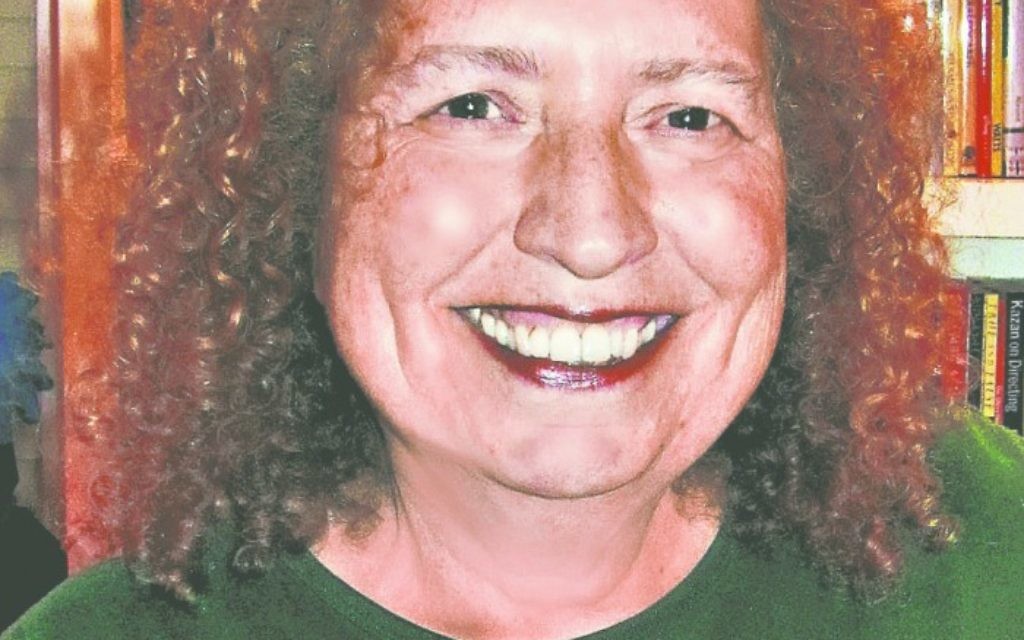One Hand Washes the Other
By Chana Shapiro / cshapiro@atljewishtimes.com
During the High Holidays, we catch up with faraway friends and family. This report came from Brooklyn.
Harold was in a bad mood when he entered synagogue on the second day of Rosh Hashanah. The prayers were beautiful, and the sermon was uplifting, but he was in a state of agitation because of what had happened the previous day.
Get The AJT Newsletter by email and never miss our top stories Free Sign Up
Harold and his wife were expecting their entire family for lunch. They had left their back door unlocked to allow their children and grandchildren to conveniently enter their home because the extended group attended four different houses of worship that let out at four different times.
Harold’s grandson, the first to arrive, immediately noticed that they’d been robbed while everyone was at services. The table, set with the family’s heirloom silver and bone china, hadn’t been touched. The candlesticks were still on the sideboard, and various valuable bibelots around the living and dining rooms were in their rightful place.
The thieves took only one thing: the portable piano keyboard that had been purchased as a gift for Heshy, the grandson who discovered its disappearance.
Harold was beside himself. “What chutzpah! To rob people when they’re in shul!”
I silently questioned the wisdom of leaving a door unlocked on a day when canny thieves knew that most people in their neighborhood would be out of the house for many hours.
Harold continued: “Heshy comes to us every day after school while his parents are still at work. He does his homework and practices piano. He wanted to take lessons, but we don’t have our big piano anymore. It turned out that the keyboard was even better because Heshy could move it around, and it never needs to be tuned. Now we’ll have to buy him a new one.”
“That’s a shame. How much did it cost?” I asked out of idle curiosity. Money was no object with Harold when it came to his grandchildren.
“Well, that’s a little story in itself,” Harold said with a chuckle. “That type of keyboard usually costs at least $350, but I got it for $50.”
“You bought a used one?” I questioned. It wasn’t like Harold or his wife to buy anything that wasn’t top of the line and brand new.
“I have a friend,” Harold explained. “This guy has connections, and he gets really expensive stuff very cheap.”
“Like what?”
“Oh, you know. Sometimes he has computers or musical instruments. Things like that.”
“Where does he get them?”
“See, he doesn’t get the stuff himself. He has contacts who bring things to him. Friends who work in factories, warehouses — you know, places like that. ”
“In other words, you’re angry that somebody stole an item from you that was actually stolen itself,” I concluded. “Am I getting this right?”
“Look,” Harold explained, “it’s just the way things work. This guy and I go way back. Before he was married, he practically lived with us, and my daughter drives his grandkids to youth group. One hand washes the other.”
“Are you going to ask him for another keyboard?” This was a side of Harold I’d never known.
“Why not? As I said, one hand washes the other. I’d do the same for him.”
Harold put his wife on the phone, and we talked about our families and the old neighborhood. She mentioned the first-day Rosh Hashanah robbery, confident that Harold would soon get another keyboard from their friend. I didn’t know what to say.
On Yom Kippur, we recite a confessional for the transgressions we commit intentionally or unintentionally. I wonder if my silence — and the complicity and silence of others along the way — encourages Harold and his friend. I could have debated the merits of Harold and his friend’s mutual handwashing, but I didn’t.
I now had one more line of that confessional prayer to concentrate on this year.






comments